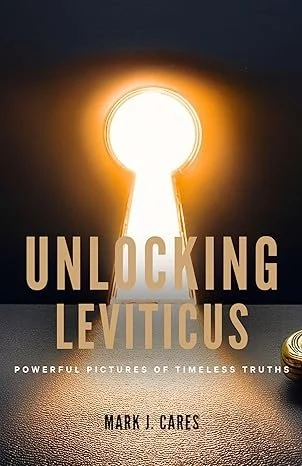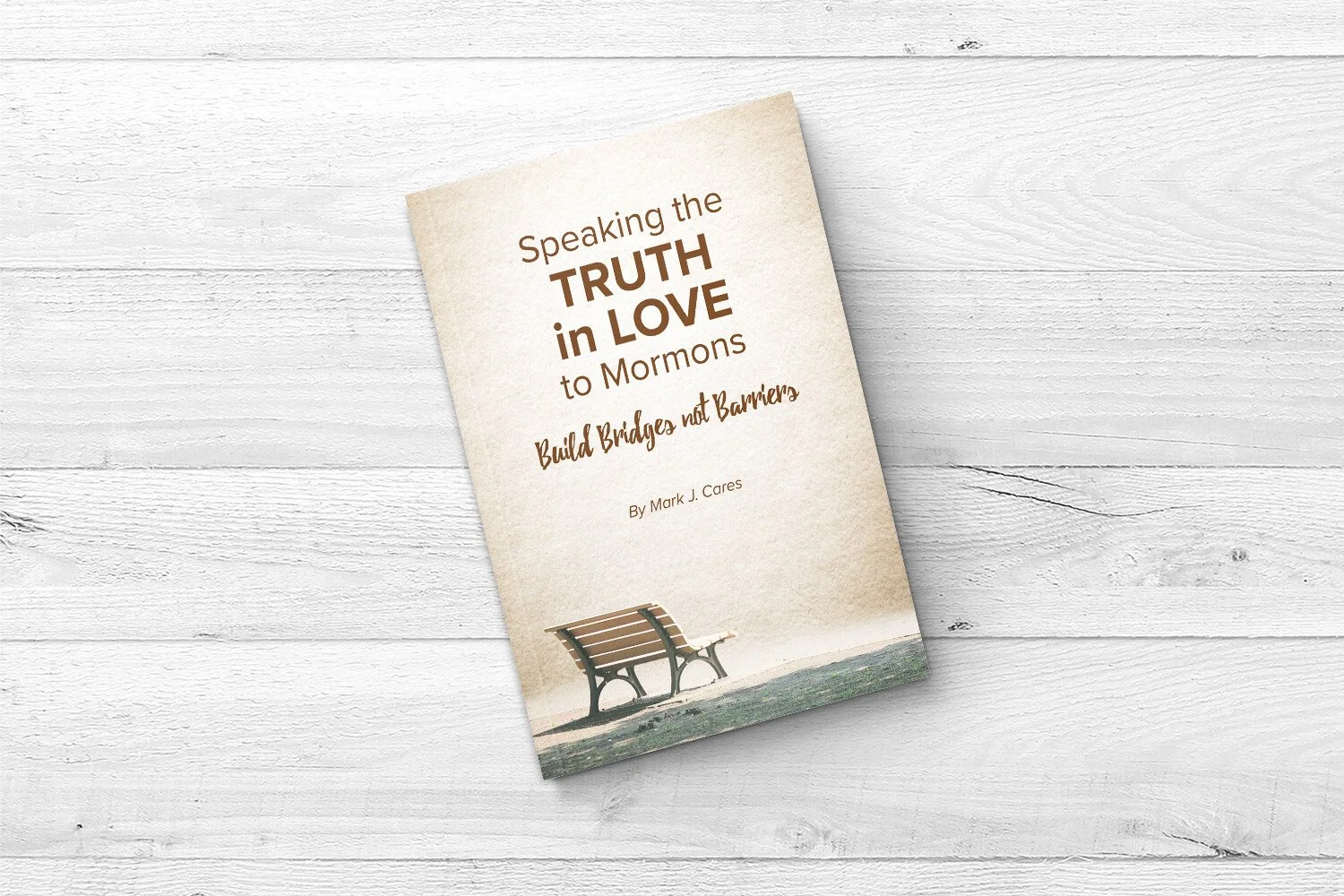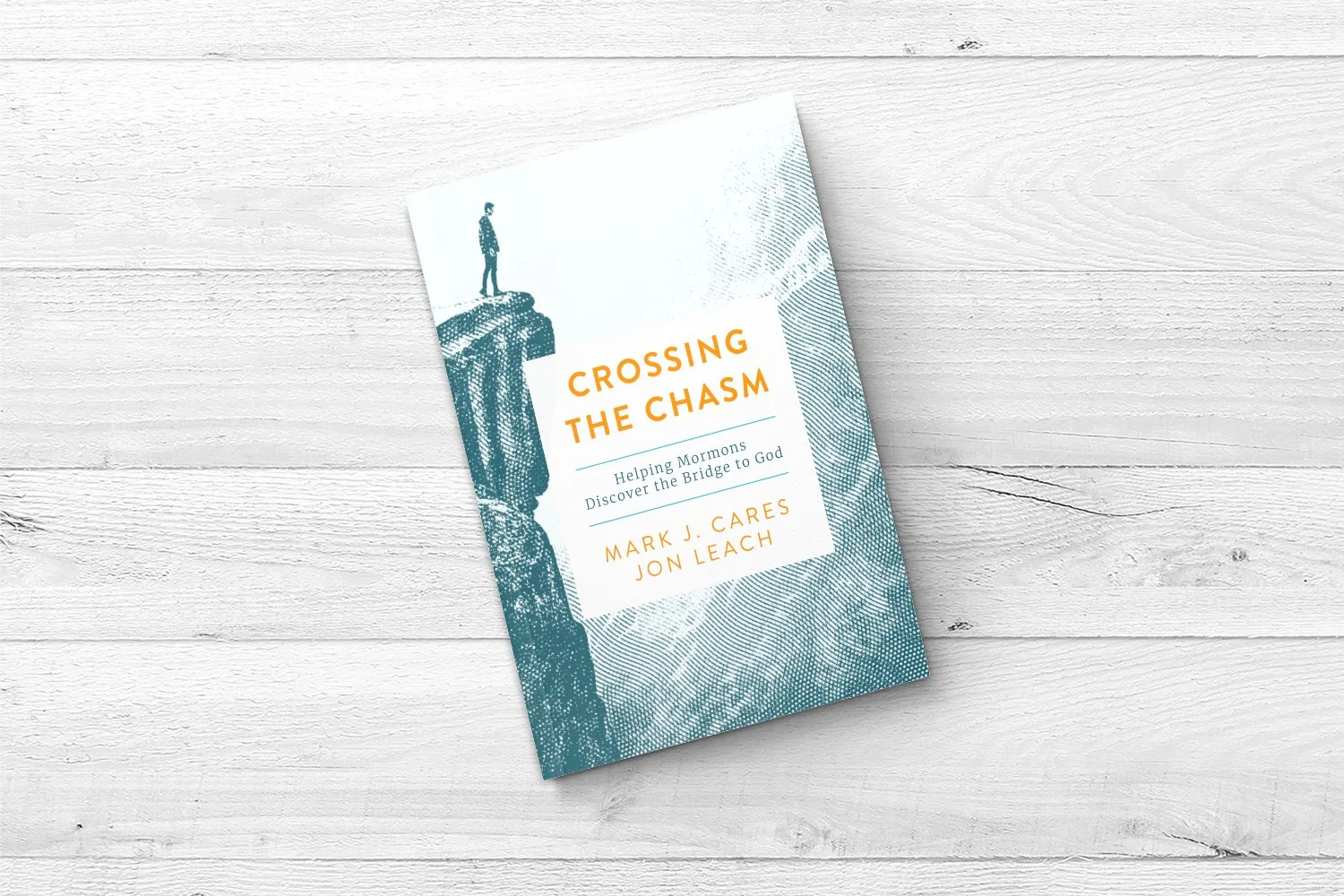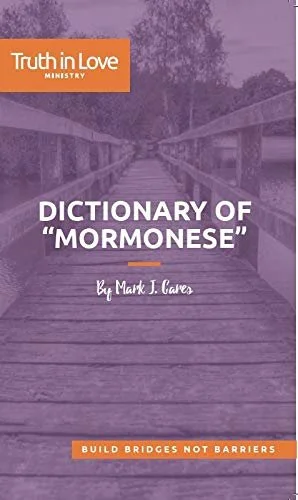UNLOCKING
LEVITICUS
POWERFUL PICTURES OF TIMELESS TRUTHS
This is not a verse by verse commentary on Leviticus. Rather it highlights some of the striking pictures of Jesus God gave Old Testament Israel. It also deepens our appreciation of the remarkable freedom we now enjoy in Christ. It show how reading Leviticus is like discovering a little-used road that offers spectacular views around every curve. Enjoy the journey!
You can read a sample of the book by clicking on “buy the book” and then clicking on “Read sample”.
CHRISTIAN,
WHO ARE YOU?
YOUR AMAZING GOD-GIVEN IDENTITY
Christians often identify themselves by their actions and circumstances, by the state they are in. But, in the Bible, God identifies us by the status he bestows on us - a status won for us by Jesus. Our God-given status is truly amazing. Instead of seeing us as guilty, God declares us not guilty in Christ. Instead of berating us as sinners, he addresses as saints. Instead of designating us as his enemies, he has adopted us as his children and heirs.
No more guilt! No more shame! No more fear!
Not only that. A Christian also has a wonderful new state in Christ. We are new creations. God now lives in us. He gives us a wonderful high calling and sets us up for success
In Christ, we have a wonderful new identity!
You can read a sample of the book by clicking on “buy the book” and then clicking on “Read sample”.
free study guide download
Whether you want to study alone, with your family or a small group, this study guide can be used in many settings and with many age groups.
God-The Ultimate Humanitarian
The Story Of How God Keeps on Giving
Moses could only see the after-glow of God's glory. The prophet Isaiah cried out, "Woe to me," after seeing God in a vision. The apostle Paul talks about hearing unfathomable things in heaven.
God is greater than anything we can imagine. The list of God's amazing characteristics is long. He is all powerful. He is all-knowing. He is eternal. The list goes on and on. God is truly incredible.
It's against the background of God's magnificent majesty that his love for humanity shines brilliantly. Why would such a Supreme Being be concerned for creatures who had so thoroughly rebelled against him? That, too, is incredible.
God—The Ultimate Humanitarian explores God's amazing love for humanity. Through 20 brief chapters, it considers 20 different facets of this love. It convincingly shows that God is the ultimate humanitarian.
Speaking the Truth in Love to Mormons
Build Bridges Not Barriers
Some Christians try to debate Mormons on topics like God’s nature or the history or Mormonism. Speaking the Truth in Love to Mormons places the gospel of Jesus Christ at the center of discussion in witnessing. It has been transformational in helping many Christians better understand Mormons and how best to reach them.
Part One explores Mormon theology, culture and the stress points Mormons face. Part Two details our unique approach to witnessing, focusing on speaking God's Word to them in their own language rather than debating Mormon history or beliefs. Speaking the Truth in Love to Mormons also includes a 40-page "Dictionary of Mormonese."
3 Book Bundle!
Crossing The Chasm
Helping Mormons Discover the Bridge to God
There is only one bridge to God.
Jesus said, "I am the way" (John 14:6). Tragically, Mormons don't realize the bridge they're on will never reach God. God can use you to change that.
Crossing the Chasm exposes the differences between the bridge Mormonism proposes and the biblical bridge - differences which are often obscured. Mark and Jon also offer practical tips for talking with Mormons so they too can experience the confidence of standing on Christ alone.
What Bible verses should you share with Mormons? Because of Mormonism’s unique emphases and language, some Bible passages communicate better than others to Mormons. Over the years, we have identified certain passages and ways to explain them that clearly convey God’s truth to Mormons.
Sharing God’s Word With Mormons
Prepared To Share
Have you ever felt unprepared to share your faith? Over the years, we’ve found that the most effective witnessing principles – the ones that best prepare us to share our faith – are both simple and memorable. This booklet explores 15 such concepts. Although the original context was witnessing to Mormons, these principles are general in nature and apply to any witnessing situation.
Dictionary Of “Mormonese”
One of the major difficulties in witnessing to Mormons is that they speak a unique language. Not only have they coined numerous words and expressions unique to Mormonism, they have also given unique definitions to commonly used words and expressions. Some have called this language “Mormonese.”
This dictionary is an attempt to help the non-Mormon understand “Mormonese.” It will be important to keep in mind that the definition given is not the biblical or Christian definition, but the LDS definition.







